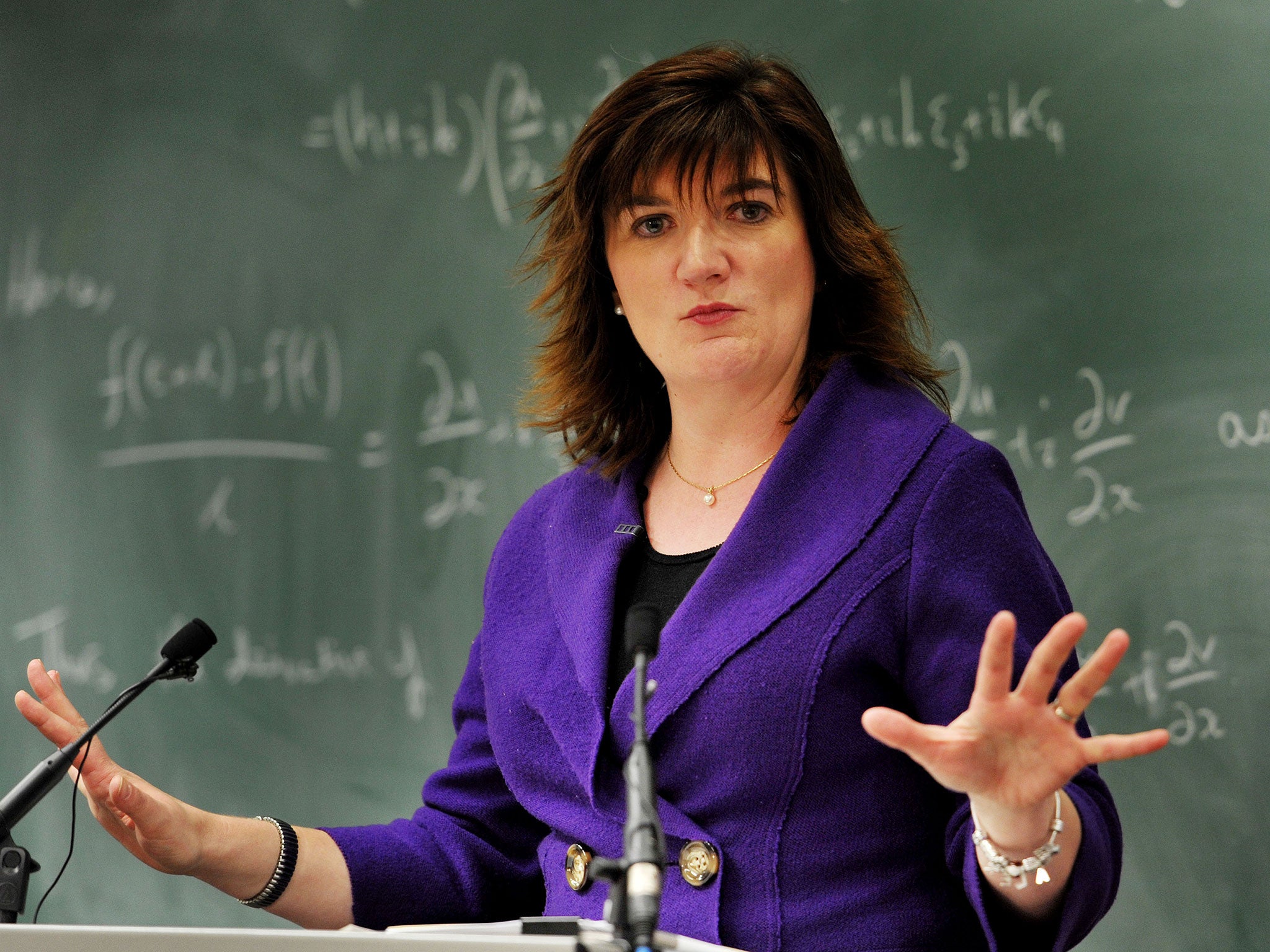Almost half of England's teachers plan to leave in five years, research shows
'The government gives teachers no incentive to remain within the job'

Your support helps us to tell the story
From reproductive rights to climate change to Big Tech, The Independent is on the ground when the story is developing. Whether it's investigating the financials of Elon Musk's pro-Trump PAC or producing our latest documentary, 'The A Word', which shines a light on the American women fighting for reproductive rights, we know how important it is to parse out the facts from the messaging.
At such a critical moment in US history, we need reporters on the ground. Your donation allows us to keep sending journalists to speak to both sides of the story.
The Independent is trusted by Americans across the entire political spectrum. And unlike many other quality news outlets, we choose not to lock Americans out of our reporting and analysis with paywalls. We believe quality journalism should be available to everyone, paid for by those who can afford it.
Your support makes all the difference.Almost half of all the country's teachers are planning to leave the profession within the next five years, according to a poll.
A survey of 4,450 teachers by The Guardian revealed that 43 per cent of state school practitioners are planning to leave the profession within half a decade.
Some 82 per cent of English teachers describe their workload as "unmanageable" and its impact on their personal life as "too great", in figures which show Scottish teachers and independent or private school teachers are happier than they are.
Teachers in England said the biggest generator of stressful workloads was the government constantly changing the curriculum and policy.
Tony Draper, president of the National Association of Headteachers and headteacher at Waterhall Primary School in Milton Keynes, told The Independent teachers were given little incentive to remain in their jobs.

"I think there's the worry that they're repeatedly being held responsible for when things go wrong in society, with safeguarding, the Prevent strategy and endless assessment," said Mr Draper, referring to the anti-terrorism policy aimed at spotting radicalised school pupils.
"The government gives teachers no incentive to remain in the job, it knocks the creativity out of them. At the end of the day they want a life."
Teachers ranked changing government policy as the first reason for high workloads, with the second the amount of data on pupil progress they are made to collect, according to The Guardian survey.
Nicky Morgan, the education secretary, set up the "Workload Challenge" to hear about the unproductive and time-consuming aspects of teachers' work in February last year.
Christine Blower, general secretary of the National Union of Teachers, said she was not hopeful the review would change the everyday reality of teachers.
"We think she [Nicky Morgan] was pushed into the Workload Challenge by figures that were published about working hours," said Ms Blower.
"Frankly her initial response was woefully inadequate and we don't hold out a great deal of hope for the working groups.
"Workload is still a major problem and Nicky Morgan and Nick Gibb don't seem to grasp how serious it really is."

The Guardian's survey showed that 79 per cent of state schools say they are struggling to recruit new teachers.
Scottish teachers, who are not as directly affected by Westminster changes, are also less likely to leave the profession, with only 22 per cent rather than 43 per cent wanting to.
The headmaster of independent school Eton, historically one of the most academically successful in the country, has said the emphasis on testing is "outdated and archaic".
He particularly criticised the lack of collaborative work in schools, instead requiring students to sit at desks remembering facts in a manner "little changed since Victorian times".
A Department for Education spokesperson said: “The truth is that teaching has a lower turnover rate than the economy as a whole. 90% of teachers in state schools stay in the profession from one year to the next while the number of teachers returning to the classroom continues to rise year after year
“We know unnecessary workload is one of the biggest frustrations for teachers. That’s why we set up three review groups to address the key concerns that were raised through the Workload Challenge.
“We are working with the profession and education experts to take action on the root causes of teacher workload, including through the first biennial teacher workload survey and looking in depth at the three biggest concerns teachers have raised - marking, planning and resources, and data management. We trust heads, governors and academy trusts to plan their staffing and make sure teachers and staff have the support they need.”
Join our commenting forum
Join thought-provoking conversations, follow other Independent readers and see their replies
Comments